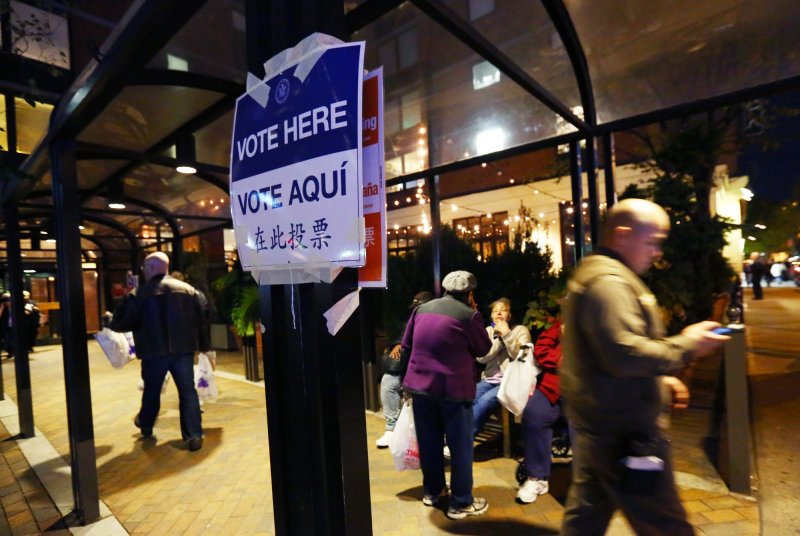Jan. 23 (UPI) -- An initiative to end lifetime voting bans for felons in Florida has reached enough signatures to be on the November ballot, officials said Tuesday.
Floridians for Fair Democracy gathered more than 800,000 certified signatures to get the initiative on the ballot. The amendment would restore voting rights to felons after their sentence is completed, including probation and parole. but it would not apply to those convicted of murder or sexual offenses.















